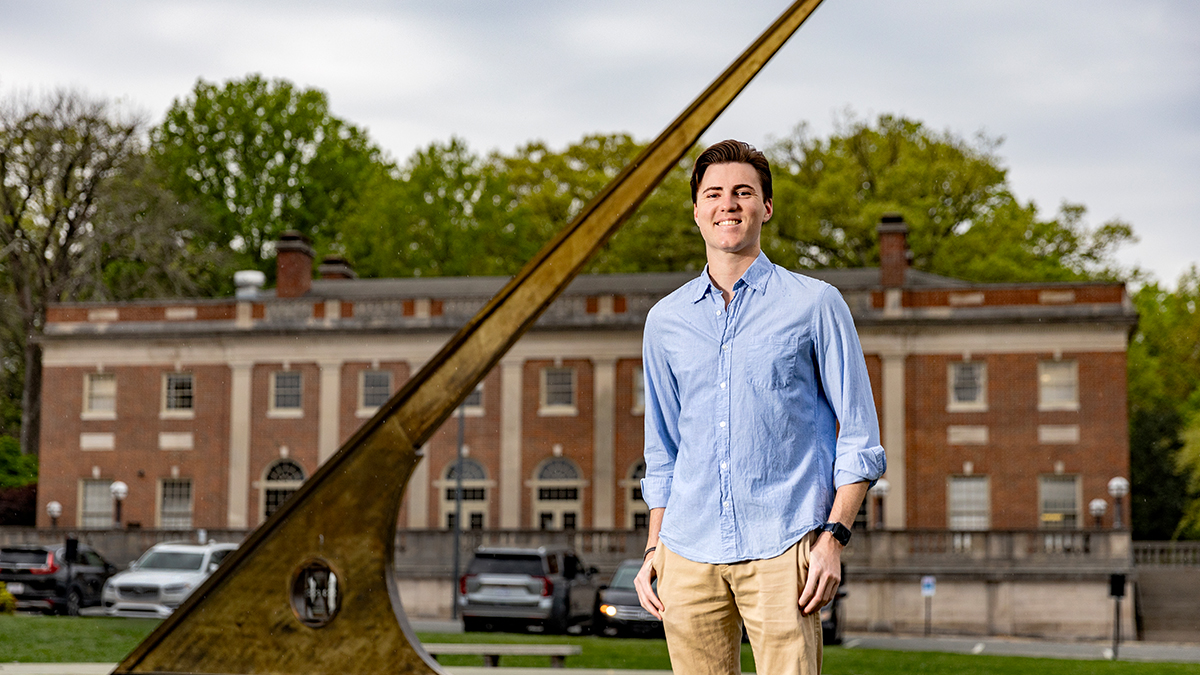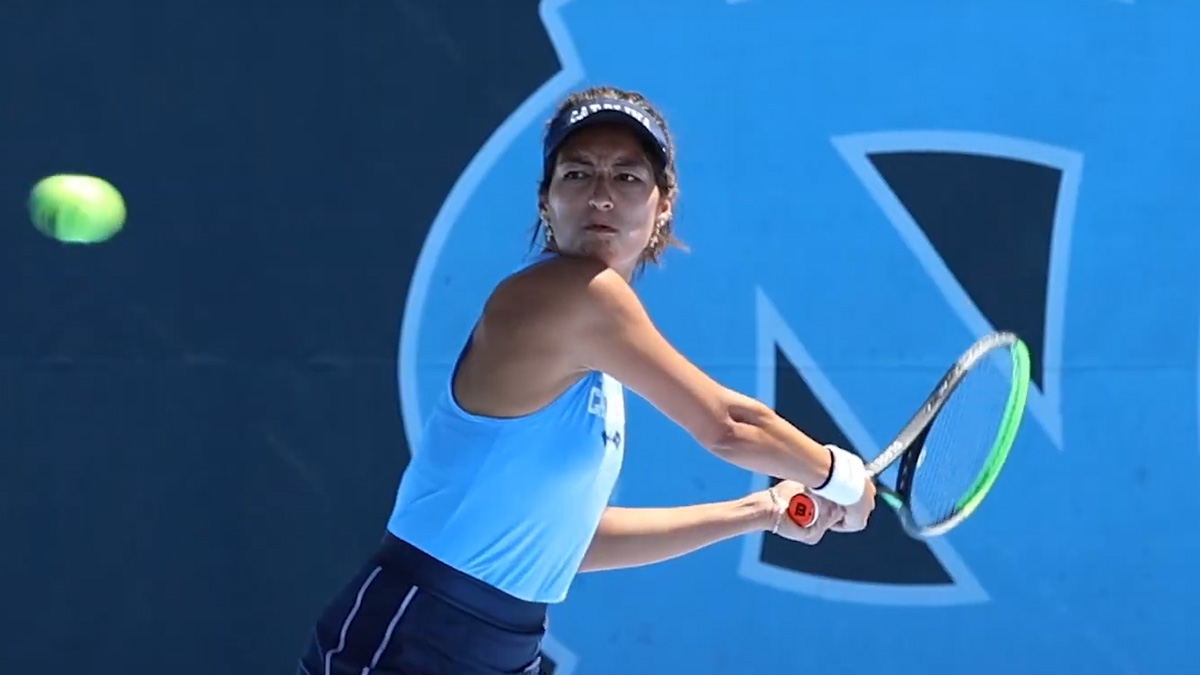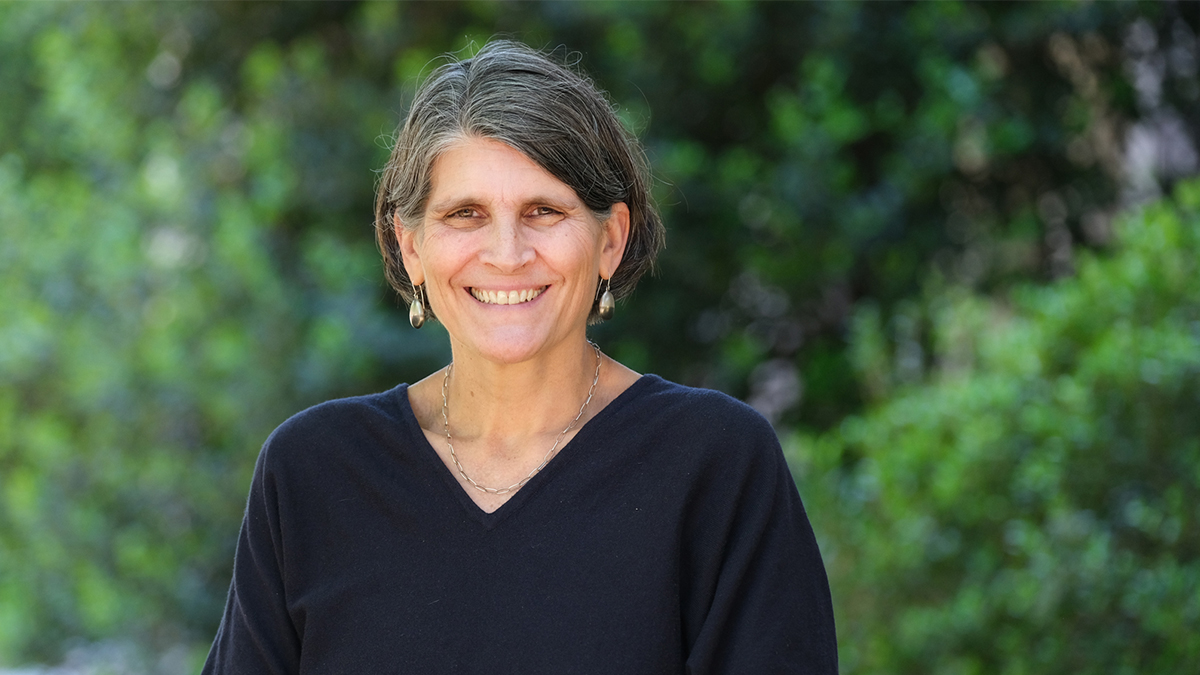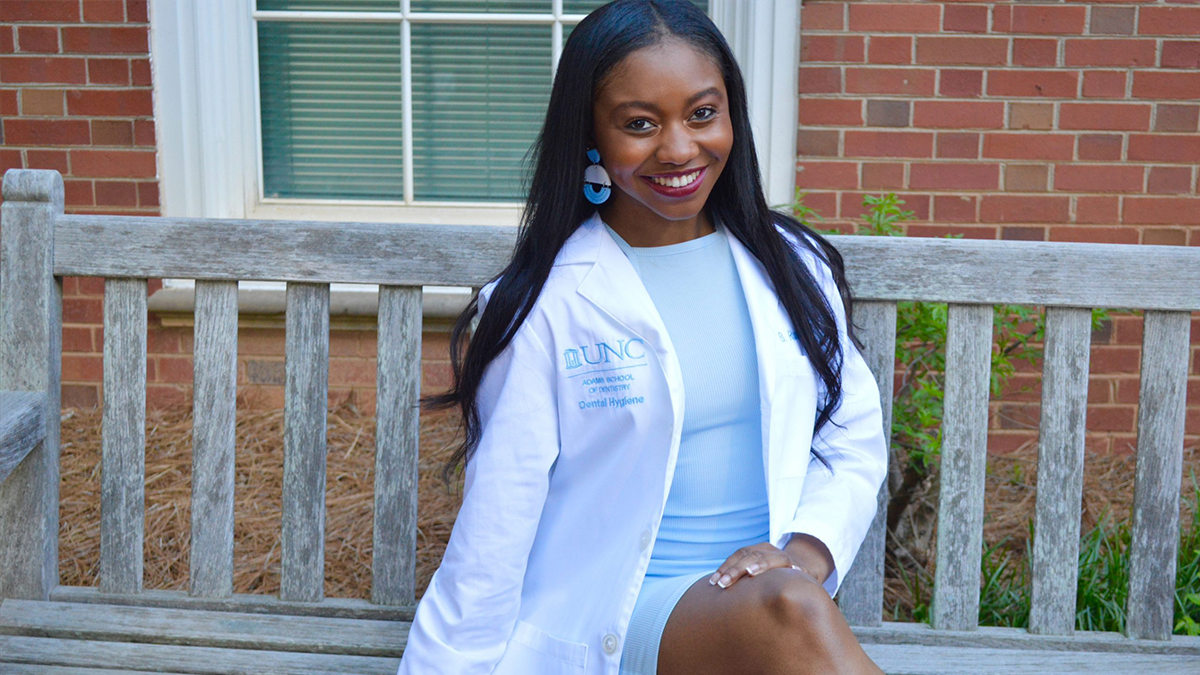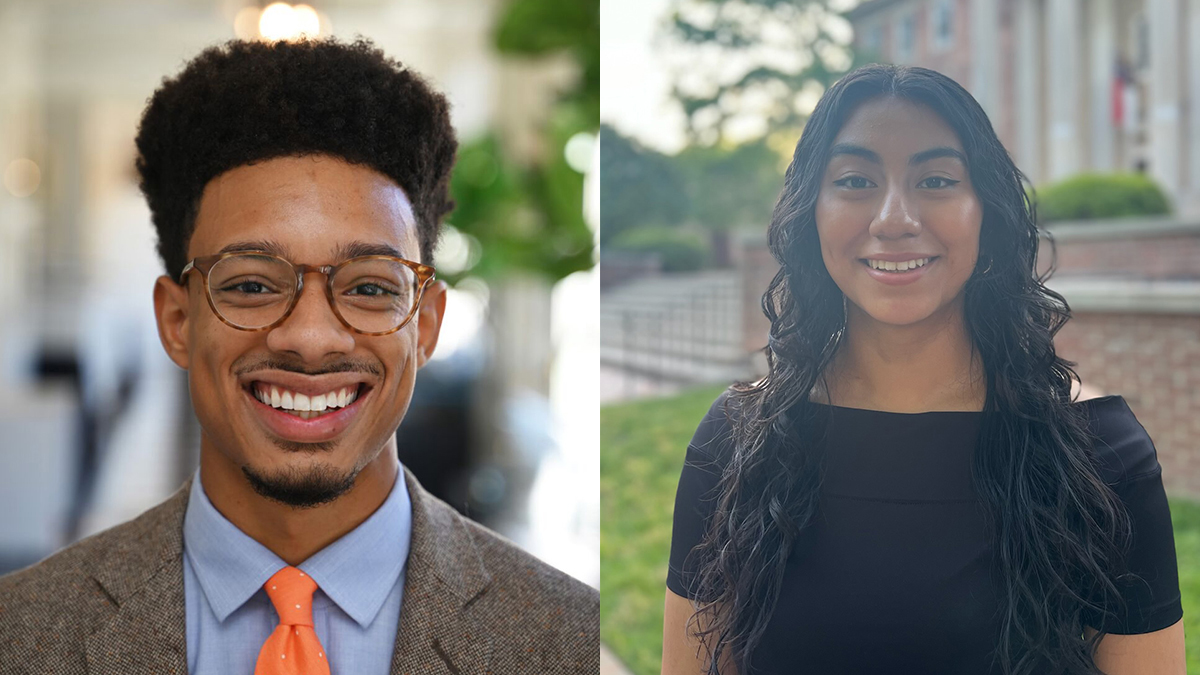2023 BOG, Mentor, Friday and Sitterson Teaching Awards
A hog-waste field trip, Doge memes, Shrinky Dinks and more used by award winners to engage students creatively.
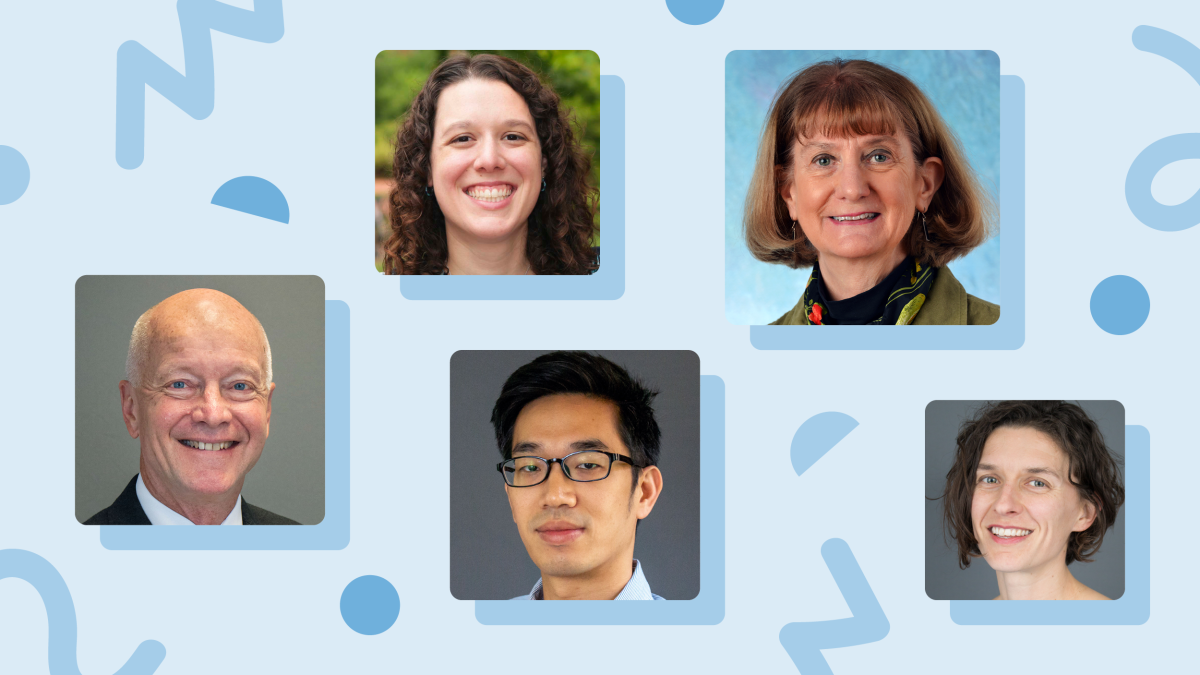
Board of Governors’ Award for Excellence in Teaching
The winner receives a citation and one-time stipend of $12,500. One recipient is selected by each of the 16 constituent institutions of the UNC System.
Patrick Conway
Department of economics, College of Arts and Sciences
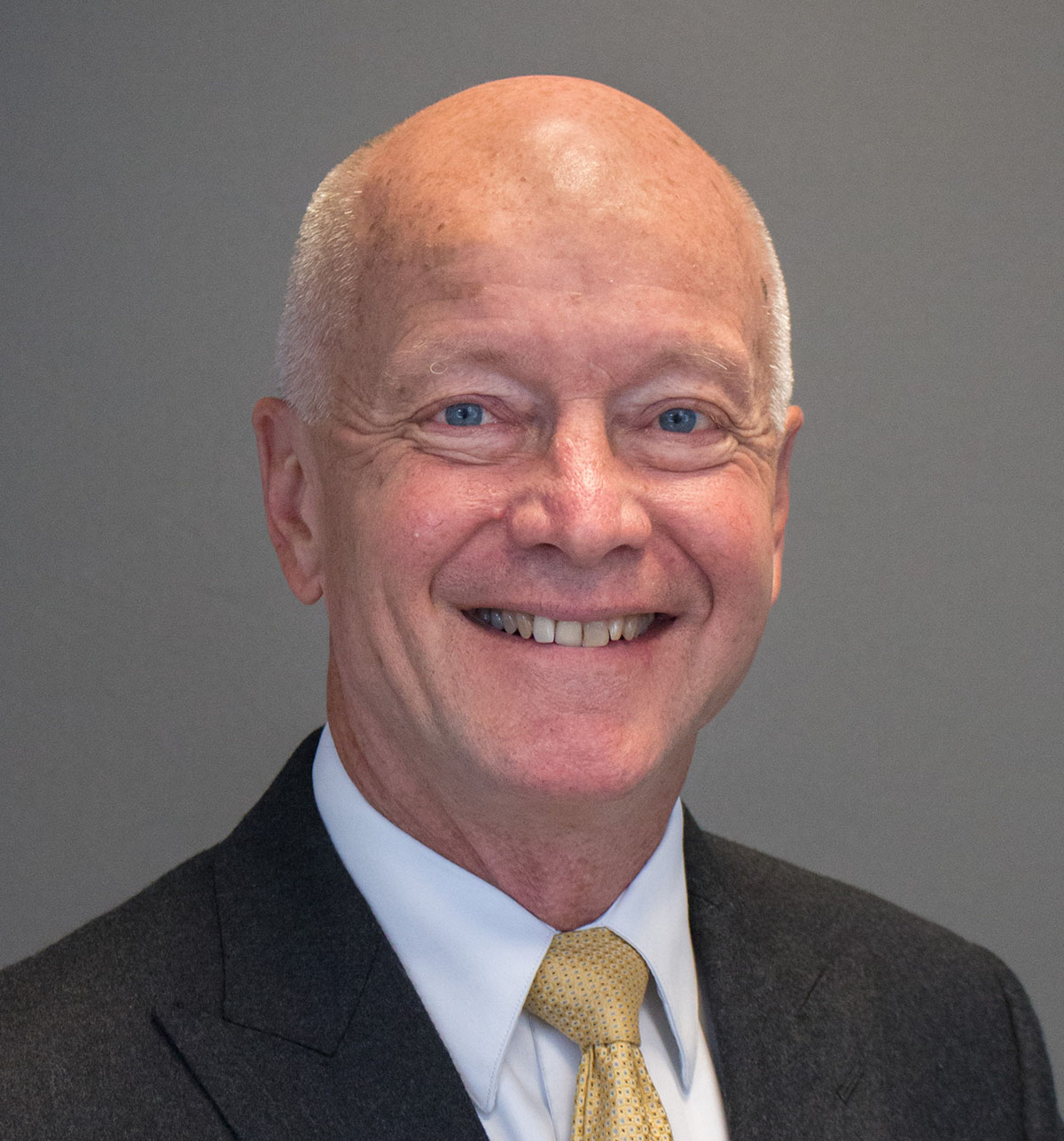
Patrick Conway
Who was the best teacher you had and why?
I’ve had many excellent teachers. Let’s pick on two: Mrs. Cecilia Steed in second grade was the first to let me in on the grand bargain in education — if you (the student) will put your distractions aside and be attentive in the classroom, you will learn amazing things. George Viksnins at Georgetown University opened my eyes to the economic problems facing emerging economies, and the search for solutions to those problems has motivated my post-college career.
What does it take to be a good instructor in 2023?
A thorough and profound knowledge of the subject matter is a prerequisite, but I find that the good instructor in any period is one who listens well. A successful course has two-way communication, and an instructor’s success is really defined by how well the students learn. Hearing student questions, providing helpful responses and leading the students to think more deeply is crucial.
Tell us a story about something creative you’ve done to engage your students.
I find students learn best when they have a compelling real-world example in front of them. One year I was teaching about the hazards of environmental pollution — a negative externality, in the economist’s lexicon. The class and I went to Deep Run, North Carolina, on a Saturday to meet Randy Smith, a tobacco and hog farmer. One look at the reddish-purple lagoon filled with hog waste and a half-hour asking Randy questions about how he protects the environment from a waste spill were more eloquent than anything I could say in the classroom.
Mentor Award for Lifetime Achievement
This award, created in 1997, acknowledges a lifetime of contributions to a broad range of teaching and learning, particularly mentoring beyond the classroom. It rewards those who help students to develop and attain their full potential in important ways during and after their departure from campus. Dean Smith, long-time coach of the men’s basketball team, was the first winner of the award and exemplifies the qualities that this award honors. The winner receives a one-time stipend of $5,000 and a framed citation.
Susan Jean Beck
Division chair of the Clinical Laboratory Science program, School of Medicine
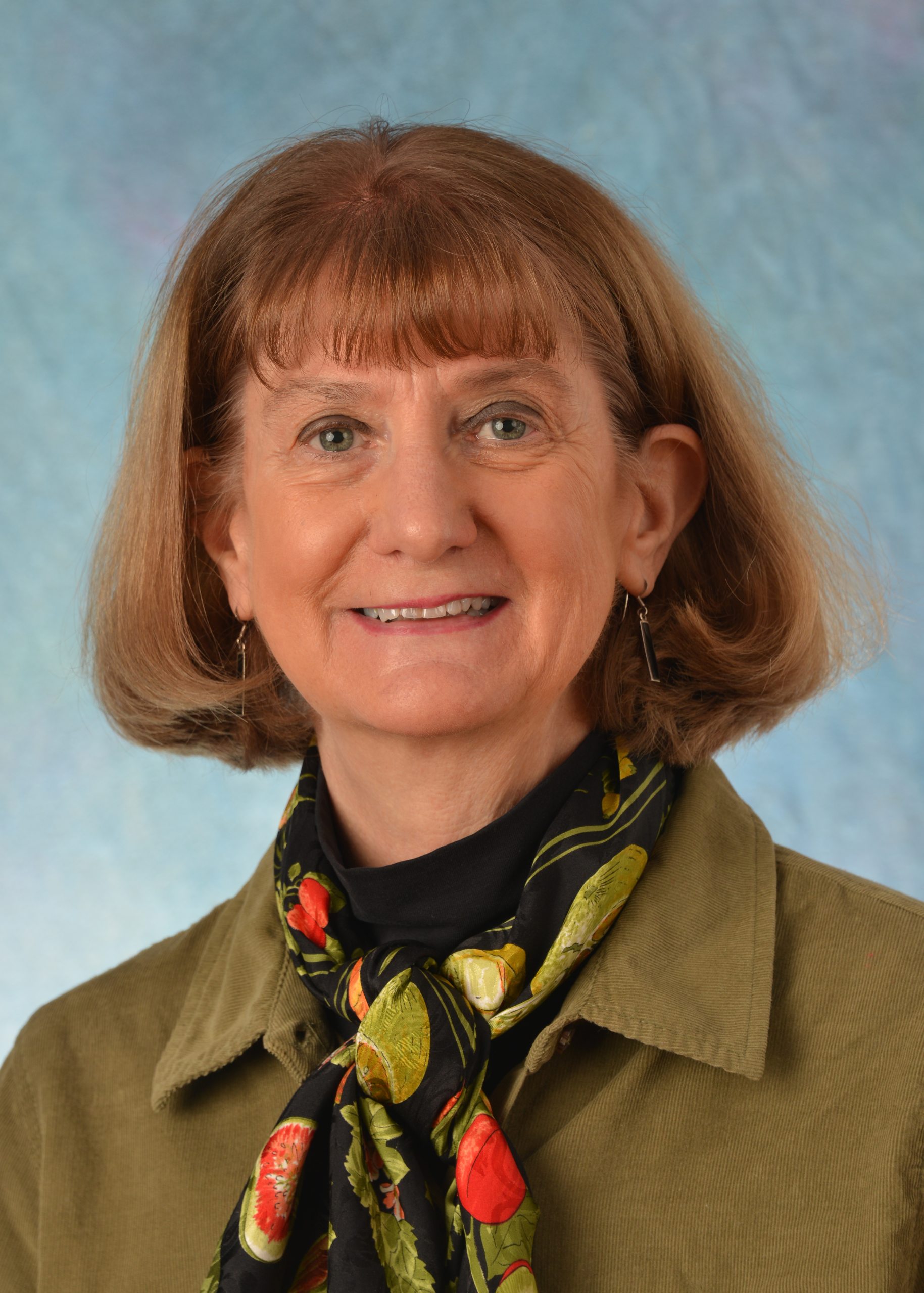
Susan Beck
Who was the best teacher you had and why?
I have had many wonderful teachers, but my organic chemistry teacher stands out because of his passion for the subject. He wanted students to see what he called the poetry of organic chemistry.
What does it take to be a good instructor in 2023?
We are working with students who have been affected by COVID in many ways including their learning. Professors today need to have flexibility, and at the same time we need to maintain the standards of excellence in our courses and programs. That requires compassion and wisdom.
Tell us a story about something creative you’ve done to engage your students.
As a review for the final exam in one course, I created a quiz game based on the show “Who Wants To Be a Millionaire.” When the student who is the contestant gets stuck on a question, the student can “phone a friend” (ask another student for help) or poll the class. Students enjoy the game and at the same time get a good idea of what they need to study for the final.
William C. Friday Award for Excellence in Teaching
The award was created by members of the 1986 graduating class to recognize members of the faculty who have exemplified excellence in inspirational teaching and is named in honor of William C. Friday, who devoted a lifetime of service to the University as president of the University of North Carolina System. The winner receives a stipend of $5,000 and a framed citation.
Brian Hsu
Department of linguistics, College of Arts and Sciences
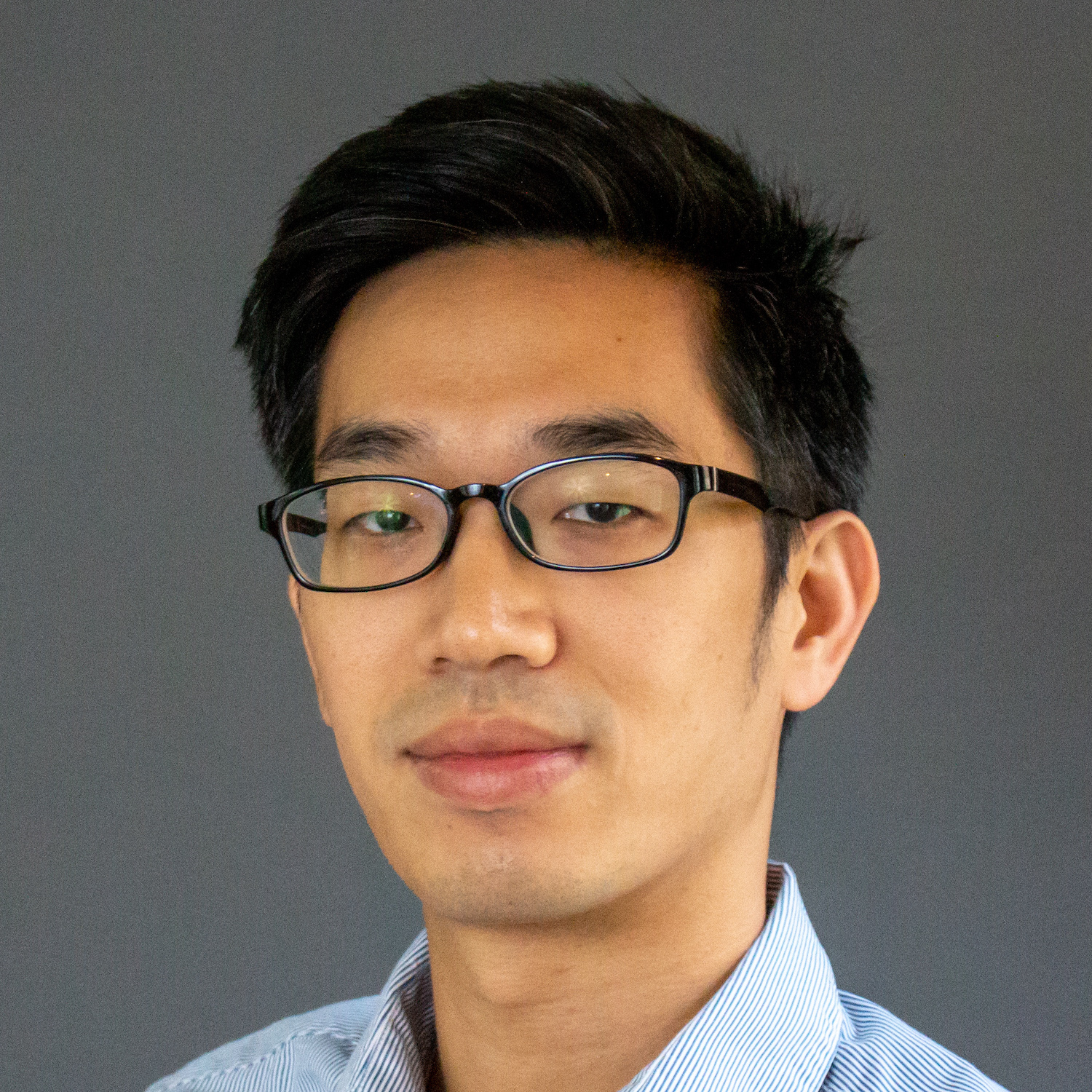
Brian Hsu
Who was the best teacher you had and why?
It’s so hard to say, since I’ve had many teachers who were great in different ways, but I will pick the first syntax professor that I had as an undergraduate, Dr. Jason Kandybowicz, as a particularly influential one. While I went into his class knowing that I would enjoy the topic — it is my own research area today, after all — I became hooked. He could always show us so clearly how to systematically examine sentence structures in language to build a theory of grammar. It was the first time I felt like I thoroughly understood a theory and how it was built. Plus, he liked to put references to TV shows in his example sentences. My current students know how much I enjoy doing so myself now, too!
What does it take to be a good instructor in 2023?
Much of it is still the fundamentals, like being able to give clear examples and explanations, understanding where students are coming from and knowing what to show them to get them where they need to be. While there is no need to chase every new teaching trend or technology, I think it’s very useful to keep up to date with how other people are teaching, and to regularly try out new strategies or course content. It’s also important to keep equity and fairness in mind when making decisions.
Tell us a story about something creative you’ve done to engage your students.
I hope you’re familiar with the Doge meme, a picture of a Shiba Inu next to an inner monologue of phrases like “many linguistic” or “such fascinate,” which intentionally break specific grammatical principles in English. In one assignment, I had students use an online AI meme generator to create new Doge memes, and to classify in theoretical terms the types of errors that they get. I like that the results are unpredictable but always instructive and funny to read!
Carlyle Sitterson Award for Teaching First-Year Students
These awards were created in 1998 by the family of the late J. Carlyle Sitterson to recognize excellence in teaching first-year students by a tenured or tenure-track faculty member in the College of Arts and Sciences. Lyle Sitterson was a Kenan Professor of History and Chancellor of the University from 1966-72 and was a passionate advocate for inspired teaching of first-year students. The first award was given in 2000. Two winners receive a one-time stipend of $5,000 and a framed citation.
Megan F. Plenge
Department of earth, marine and environmental sciences, College of Arts and Sciences
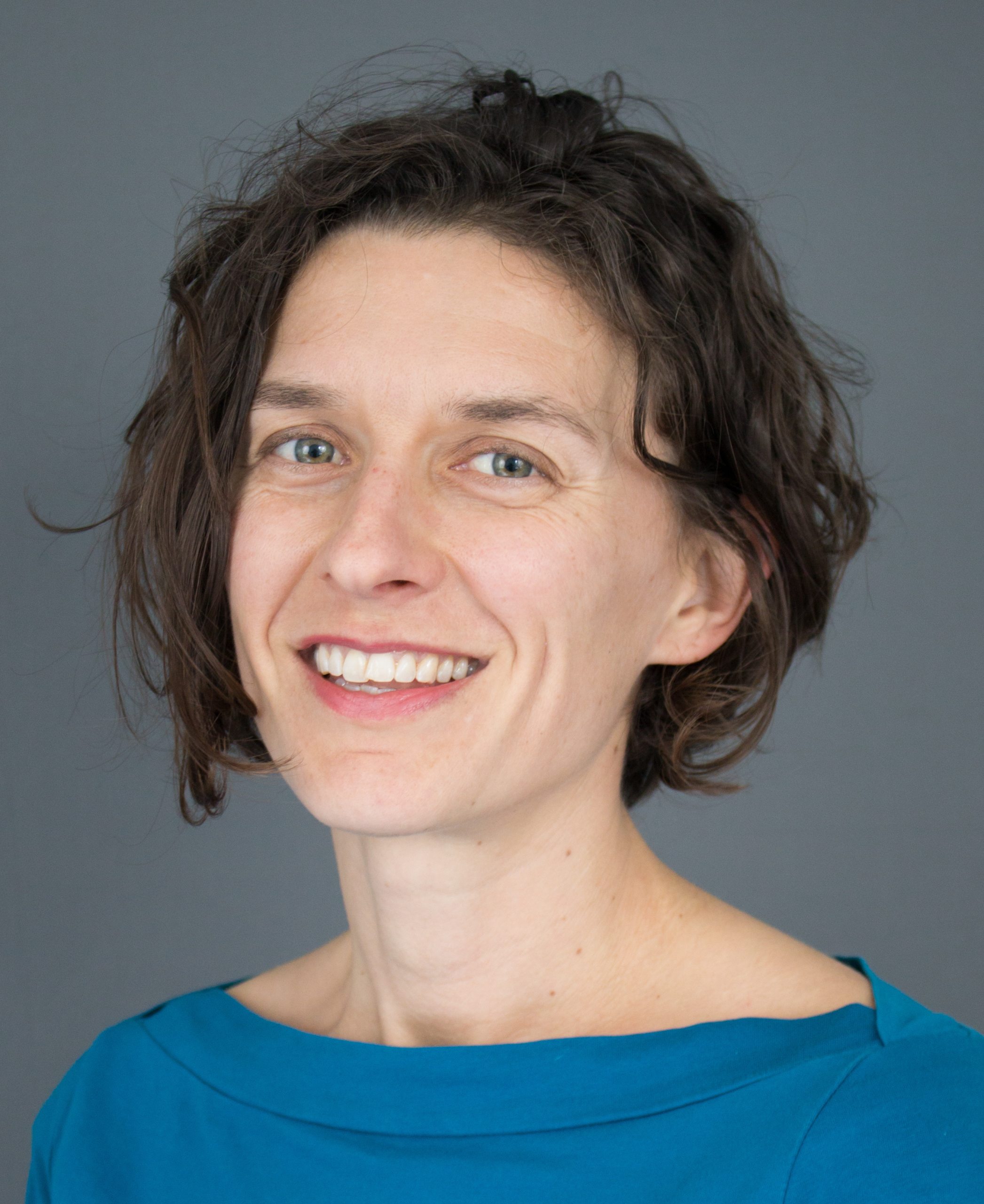
Megan Plenge
Who was the best teacher you had and why?
One of my most memorable instructors taught my high school political science course. He told us at the beginning of the class that all of the papers we wrote were not to be book reports, summarizing what we had read, but arguments. He told us each paper should be an analysis of the excerpt we read for that week, an interpretation that we justified with examples from the readings. The main feedback he gave over the course of the semester was “why?” as a plea for us to provide further rationale or evidence for our positions. I did not realize until I got to college, and maybe beyond, how transformative these papers were. It was the first time I had been explicitly asked to formulate an argument based on evidence, and the first class in which I received regular feedback that helped me improve.
What does it take to be a good instructor in 2023?
I think helping students develop a sense of scope is a great thing for professors in 2023 to add to their repertoire of instructional practices: How is this knowledge unique? How is it broadly applicable? Can this knowledge help solve global problems?
When I imagine this sense of scope, I imagine asking students to use the skills they learn in my course in another context so they can identify both universal applications and key differences, or having students examine problems on a local, regional and global scale to determine how variables differ. This idea is just one way of exploring how to prepare students for futures we may not be able to prepare them for directly through translatable skills, new perspectives and the idea that students can use what they’ve learned in contexts that go beyond the classroom.
Tell us a story about something creative you’ve done to engage your students.
In my Geology 101 First-Year Launch section, my students looked at Earth science issues that appeared both in popular media and in scientific research. Through readings and documentaries, we explored how nuclear energy has waxed and waned in popularity over time, examined evidence related to the hexavalent chromium contamination in the Cape Fear River basin and evaluated data to determine the validity of an argument suggesting a mass extinction was underway before the asteroid impact that ended the Cretaceous Period. These explorations included claim-evidence-reasoning forms, in which students made a claim based on the reading, provided evidence from the reading that supported their claim and provided a rationale to justify their position. In class, students participated in discussions or debates, whichever the topic warranted, and often reflected on things like how many non-scientific considerations must be made when considering current “scientific” issues, and how much data we are able to glean about the Earth’s past and future using evidence we can find on Earth today.
Danielle Zurcher
Department of chemistry, College of Arts and Sciences
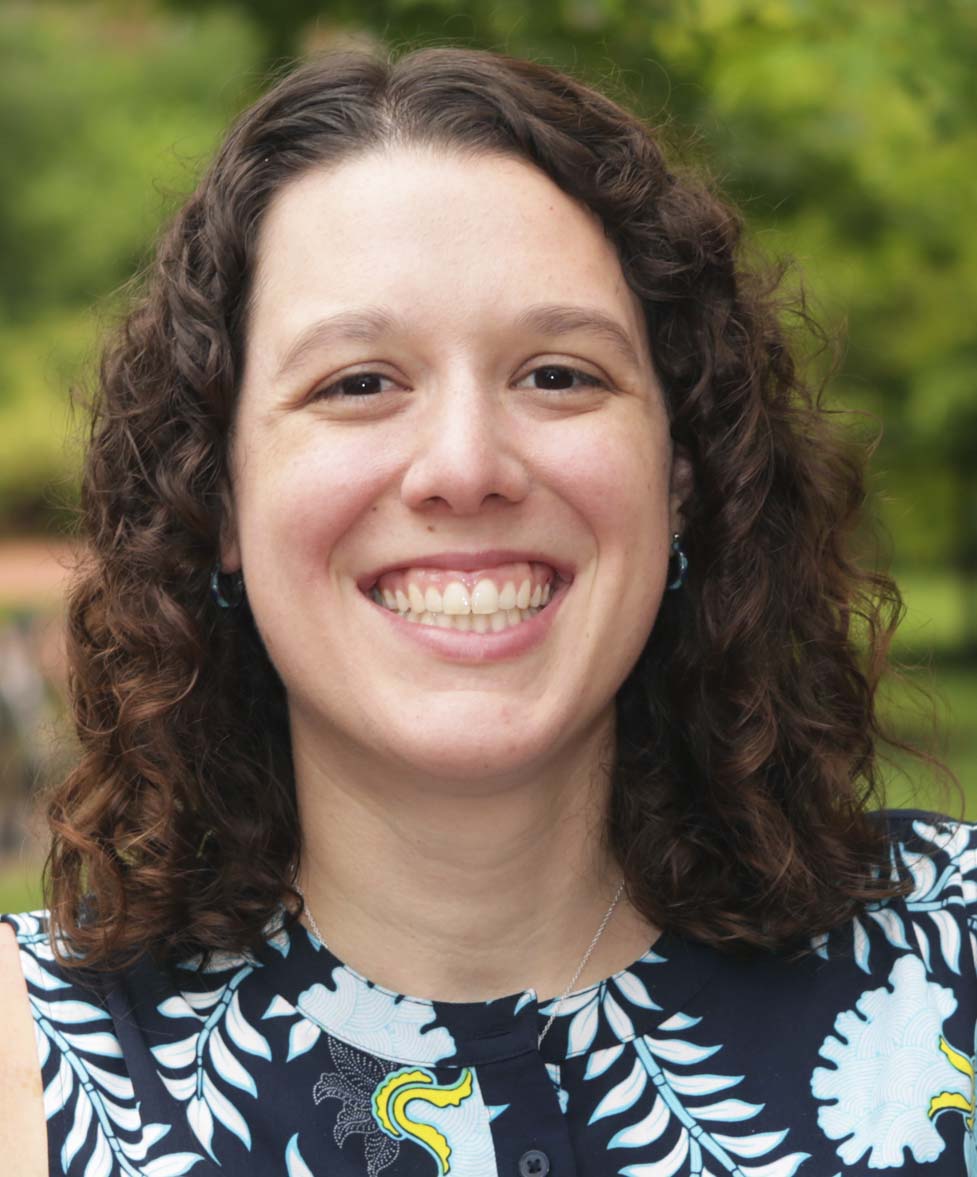
Danielle Zurcher
Who was the best teacher you had and why?
I’ve had many great teachers throughout my career, with each one teaching me a different skill set. One of the most memorable teachers was Mr. Gardini, who was my high school chemistry teacher. He not only got me excited about the subject through hands-on experimentation, but he also encouraged me to get involved in various extracurricular activities such as Science Olympiad. He pushed me out of my comfort zone and his high expectations helped me develop key study skills that were needed in college.
What does it take to be a good instructor in 2023?
I’ve integrated structure into all my courses so students can thrive. I find structure particularly important in chemistry where the content is multifaceted. Structure provides students with a framework to achieve success and allows me to communicate class expectations easily.
Coaching is also an integral part of teaching. When students encounter complex content, it is common for students to struggle at first. The instructor needs to help coach students through the often-difficult process of learning. As an instructor, I find it helpful to reframe mindsets by reminding them that struggling means that you are pushing your brain to change and grow.
Tell us a story about something creative you’ve done to engage your students.
A few years ago, I built a first-year seminar on plastics and how they are integrated into our everyday lives. I designed the class to be very hands-on: Students explore various plastic properties through crafts (e.g., Shrinky Dinks), utilize the makerspace to design and 3D-print plastic items and create their own biodegradable plastic using different starch sources to compare the strength of biodegradable plastics to current synthetic plastic products. I built the course with this structure intending to provide students with a unique experience to engage with the course content and learn about the world around them.
